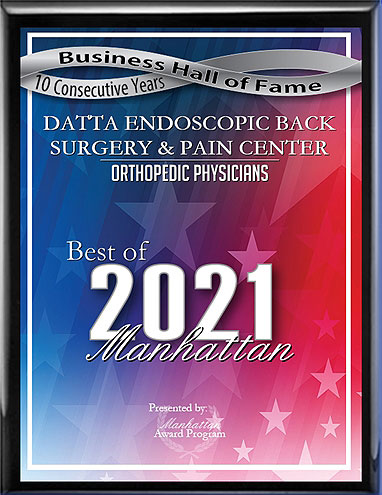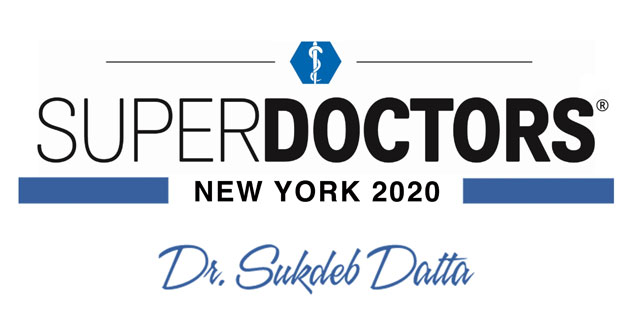Problems in the spine are quite prevalent and can have a huge effect on day-to-day life. Common spine conditions such as sciatica, herniated discs, bone spurs, and spinal arthritis can cause pain and other problems which rapidly decrease the quality of life. While non-surgical treatments are available, many patients find that these have no effect on their symptoms, and the many failed trials can cause the condition to drag on for months or even years.
Back Pain & Related Conditions
Injuries and diseases of the spine can cause conditions that extend far beyond simple discomfort, which is why effective treatment is so essential. Signs and symptoms of a back condition which may need spine surgery include:
On the other hand, the majority of people suffer from acute back pain at some point or another; this can be caused by muscle strain from exercise, sleeping wrong, pregnancy, and more. Acute back pain usually requires no treatment at all, unless it is very severe.
Spine Surgery
Most pain in the spine which needs surgical treatment is caused by tissue pressing on the spinal cord or nerves. For example, a herniated disc is a misshapen disc which can press on the nerve tissue in the spine. Bone spurs are small, abnormal growths of bone on the vertebrae which cause discomfort by pressing on the spinal cord or other structures of the spine. Spine surgery seeks to correct this by removing or re-positioning the offending tissue.
Spine surgery has a high success rate at treating back pain, and new procedures have made it less invasive than ever, especially for more common conditions. However, no surgery is without the risk of complications, and for that reason non-surgical treatments are almost always indicated before surgery is attempted. For most patients, back pain can be treated with physical therapy, chiropractry, and other conservative techniques. Surgery may be performed:
If your doctor has diagnosed you with a back condition and recommended surgery, or if you have been told you are not a candidate for traditional spine surgery but your back pain has not been alleviated by other methods, laser spine surgery may be right for you. Laser spine surgery is just as effective as traditional techniques, but is much less invasive.
Using laser technology, endoscopic cameras, and other minimally invasive techniques, surgeons are able to treat most routine back conditions using only a small incision. Laser surgery has transformed spine surgery from a major endeavor requiring weeks to months away from work, into an outpatient procedure which brings immediate relief from symptoms. In addition, the risk of infection and other complications is greatly reduced.
If you have a back condition which has not responded to non-surgical treatment, you may be a good candidate for laser spine surgery. To talk to a leading surgeon about finding relief for your back pain, please call the Datta Endoscopic Back Surgery and Pain Center at 212-420-0312.
Back Pain & Related Conditions
Injuries and diseases of the spine can cause conditions that extend far beyond simple discomfort, which is why effective treatment is so essential. Signs and symptoms of a back condition which may need spine surgery include:
- Chronic back pain
- Chronic pain in the arm or leg
- Numbness or tingling in the limbs
- Muscle weakness
- Insomnia
- Depression
On the other hand, the majority of people suffer from acute back pain at some point or another; this can be caused by muscle strain from exercise, sleeping wrong, pregnancy, and more. Acute back pain usually requires no treatment at all, unless it is very severe.
Spine Surgery
Most pain in the spine which needs surgical treatment is caused by tissue pressing on the spinal cord or nerves. For example, a herniated disc is a misshapen disc which can press on the nerve tissue in the spine. Bone spurs are small, abnormal growths of bone on the vertebrae which cause discomfort by pressing on the spinal cord or other structures of the spine. Spine surgery seeks to correct this by removing or re-positioning the offending tissue.
Spine surgery has a high success rate at treating back pain, and new procedures have made it less invasive than ever, especially for more common conditions. However, no surgery is without the risk of complications, and for that reason non-surgical treatments are almost always indicated before surgery is attempted. For most patients, back pain can be treated with physical therapy, chiropractry, and other conservative techniques. Surgery may be performed:
- After conservative techniques have failed
- In cases where pain is very severe, or accompanied by neurological deficits
- To treat rare conditions which cannot be alleviated without surgery
If your doctor has diagnosed you with a back condition and recommended surgery, or if you have been told you are not a candidate for traditional spine surgery but your back pain has not been alleviated by other methods, laser spine surgery may be right for you. Laser spine surgery is just as effective as traditional techniques, but is much less invasive.
Using laser technology, endoscopic cameras, and other minimally invasive techniques, surgeons are able to treat most routine back conditions using only a small incision. Laser surgery has transformed spine surgery from a major endeavor requiring weeks to months away from work, into an outpatient procedure which brings immediate relief from symptoms. In addition, the risk of infection and other complications is greatly reduced.
If you have a back condition which has not responded to non-surgical treatment, you may be a good candidate for laser spine surgery. To talk to a leading surgeon about finding relief for your back pain, please call the Datta Endoscopic Back Surgery and Pain Center at 212-420-0312.






 EDISCSCULPT
EDISCSCULPT



